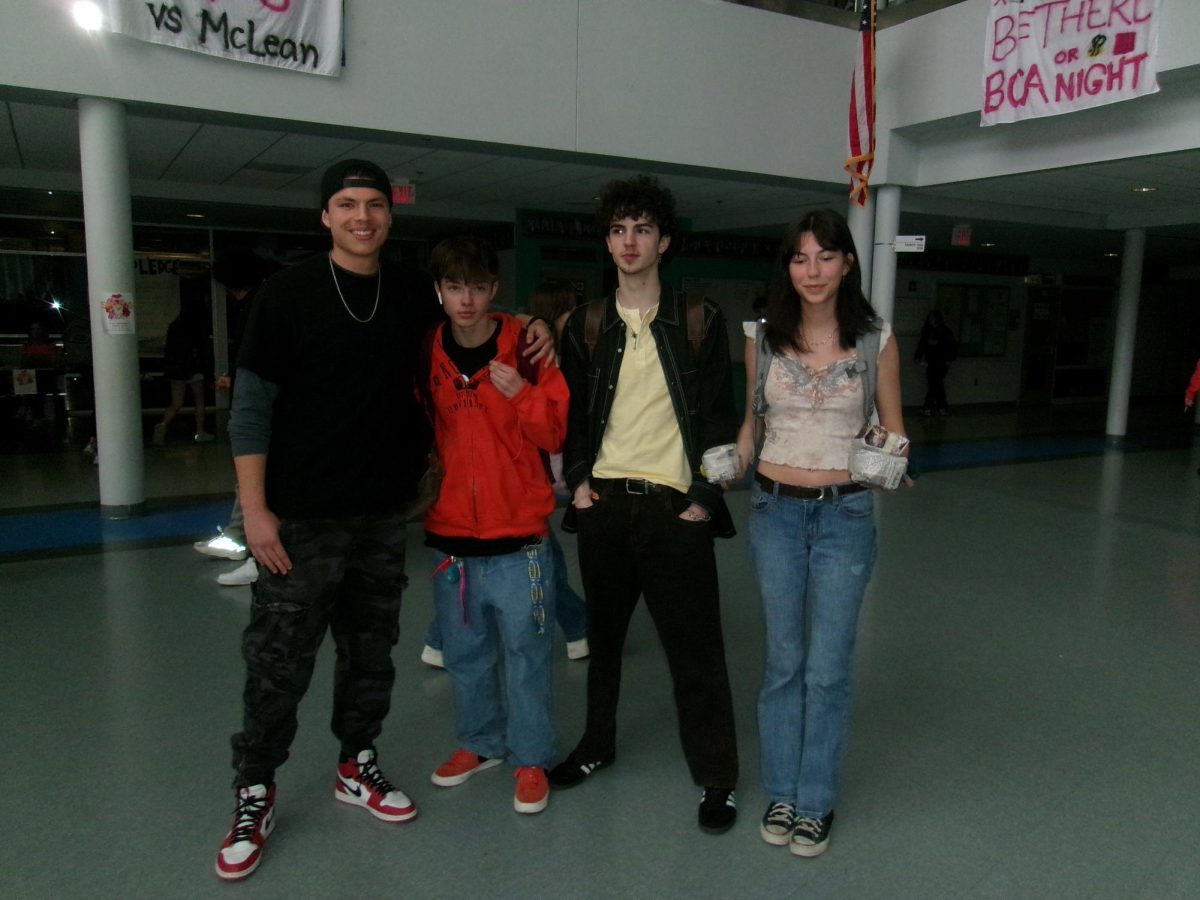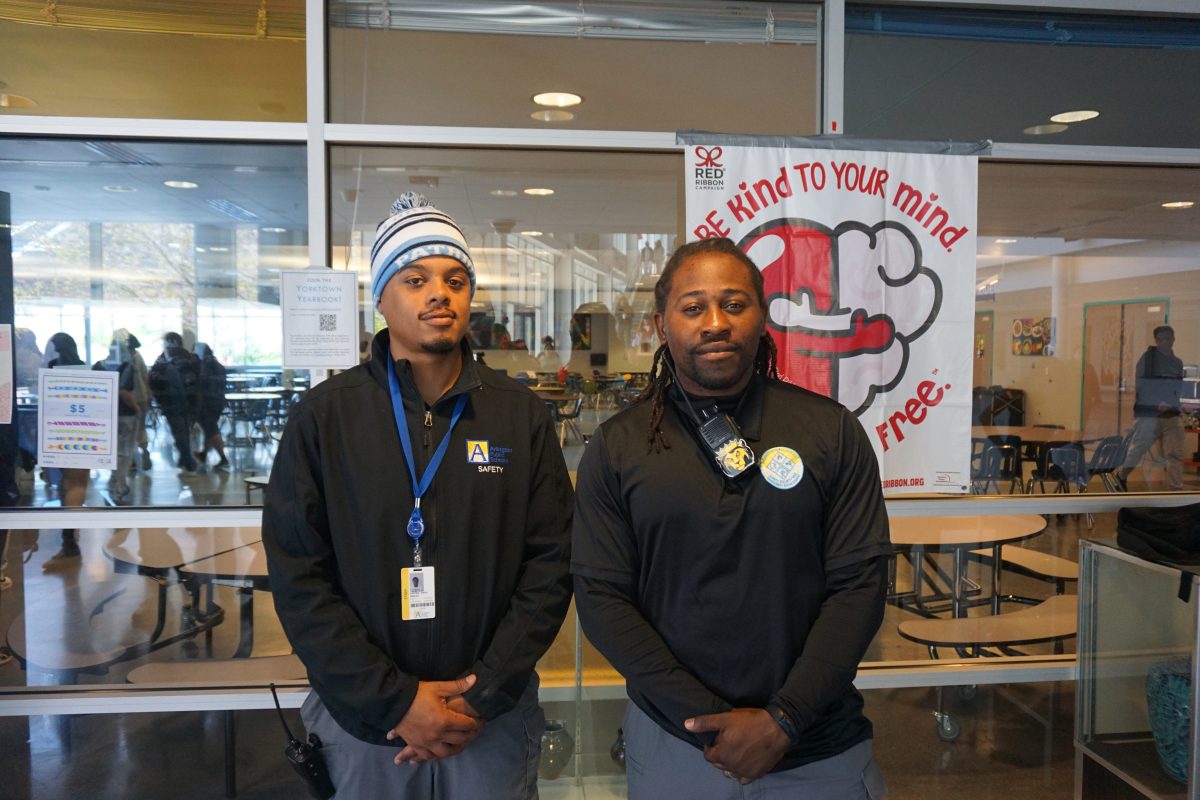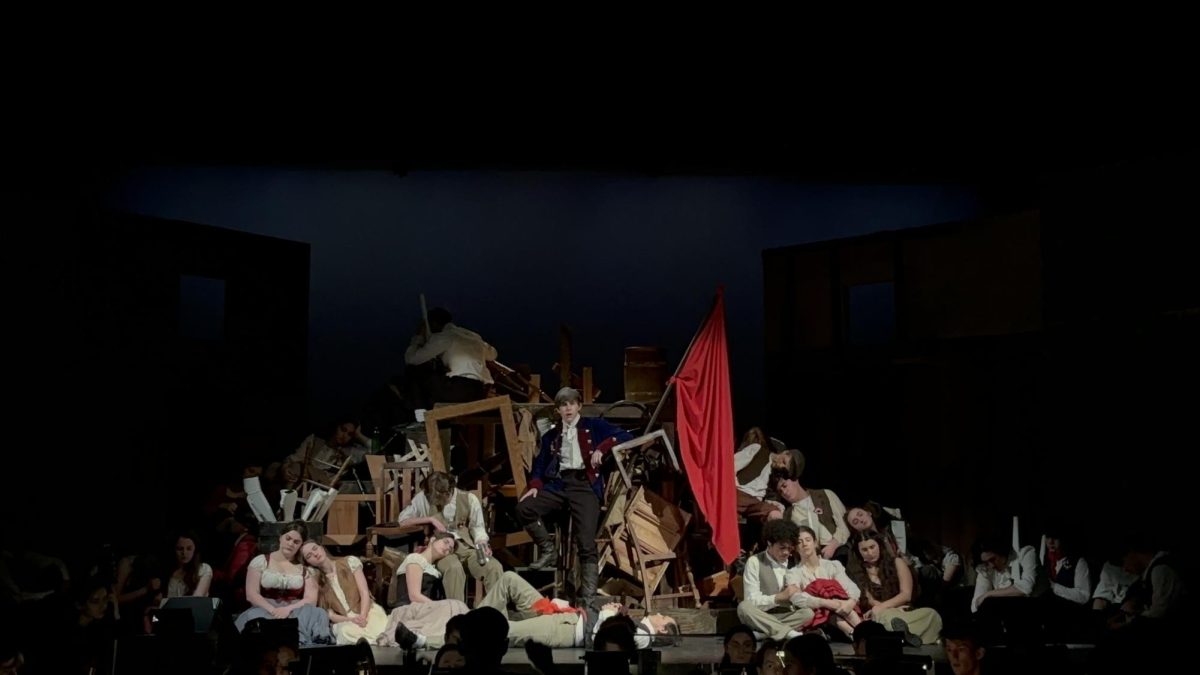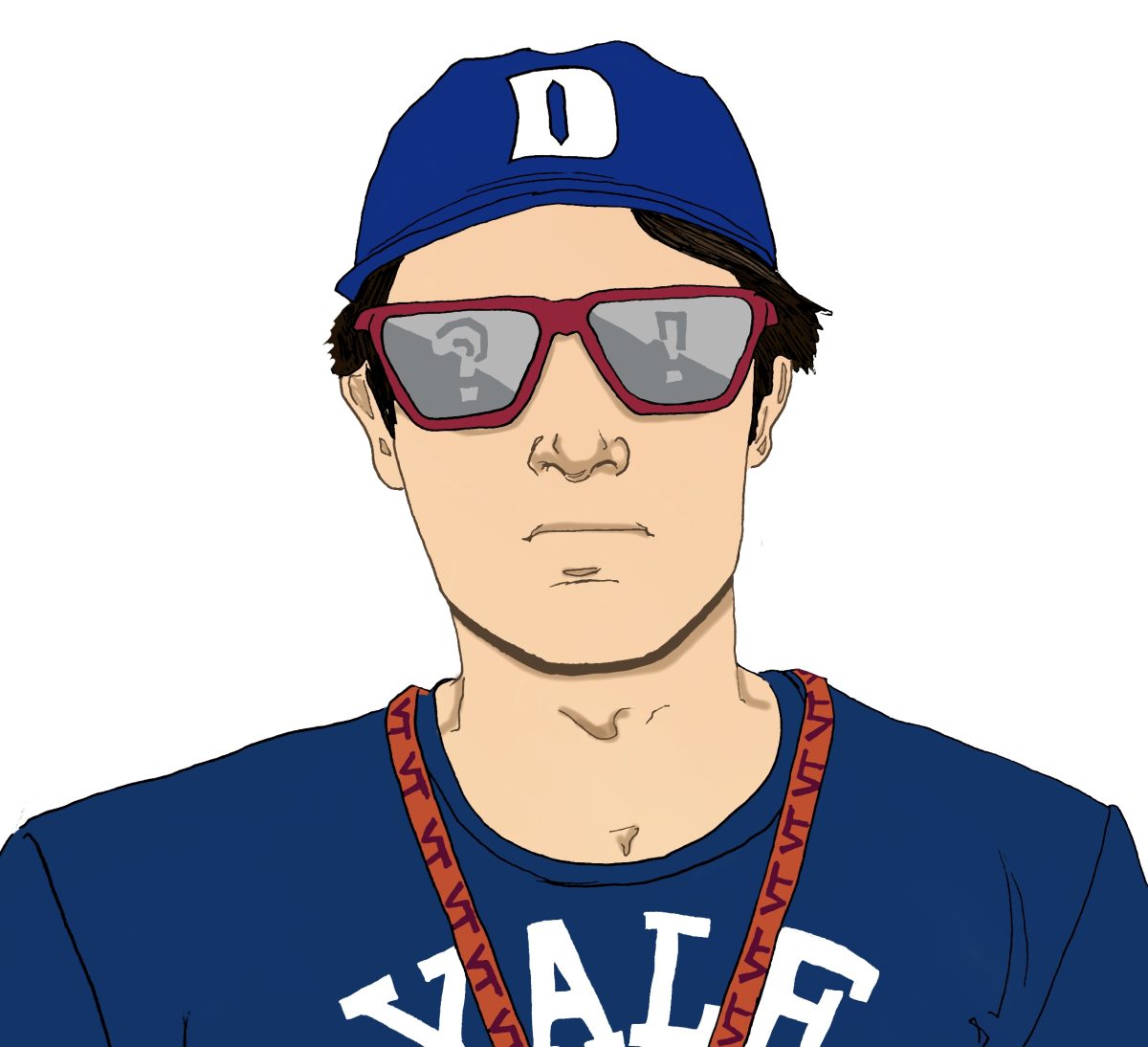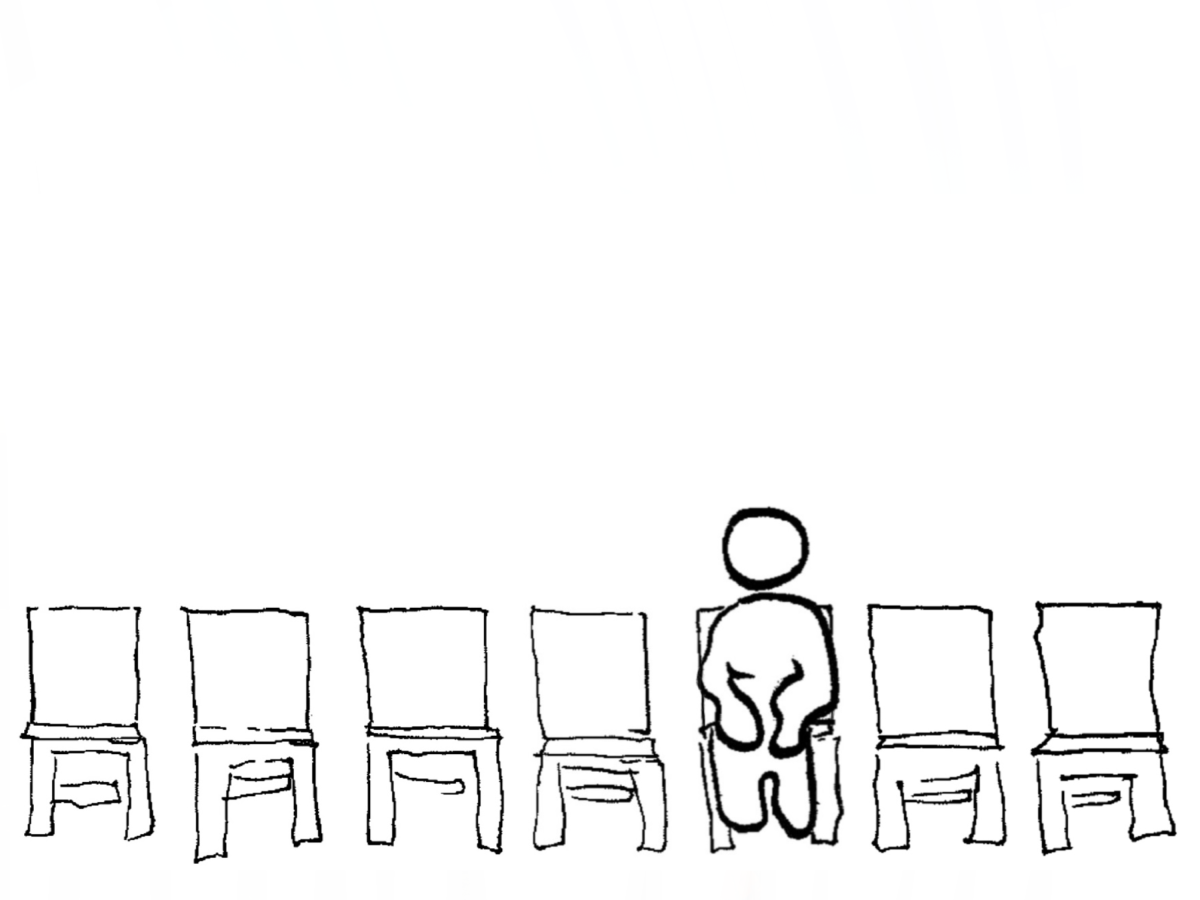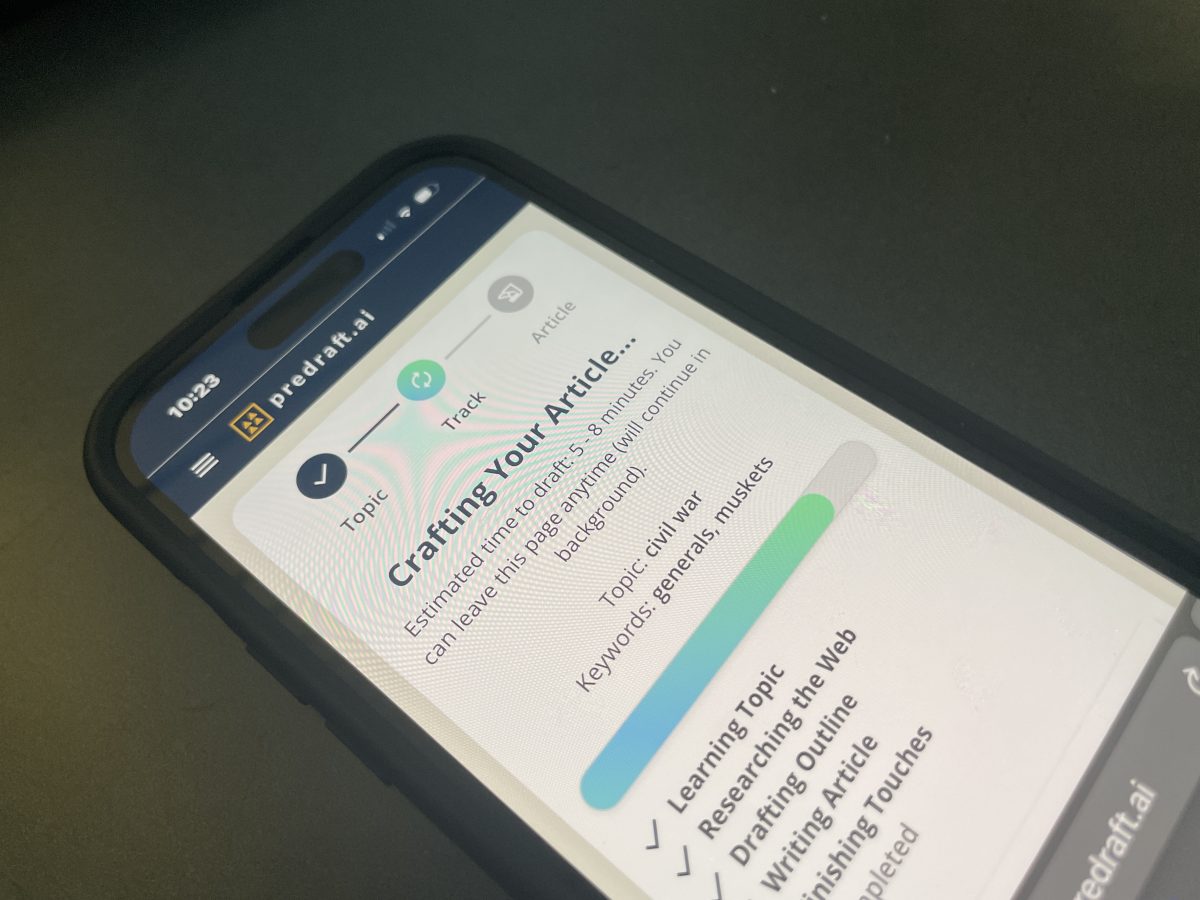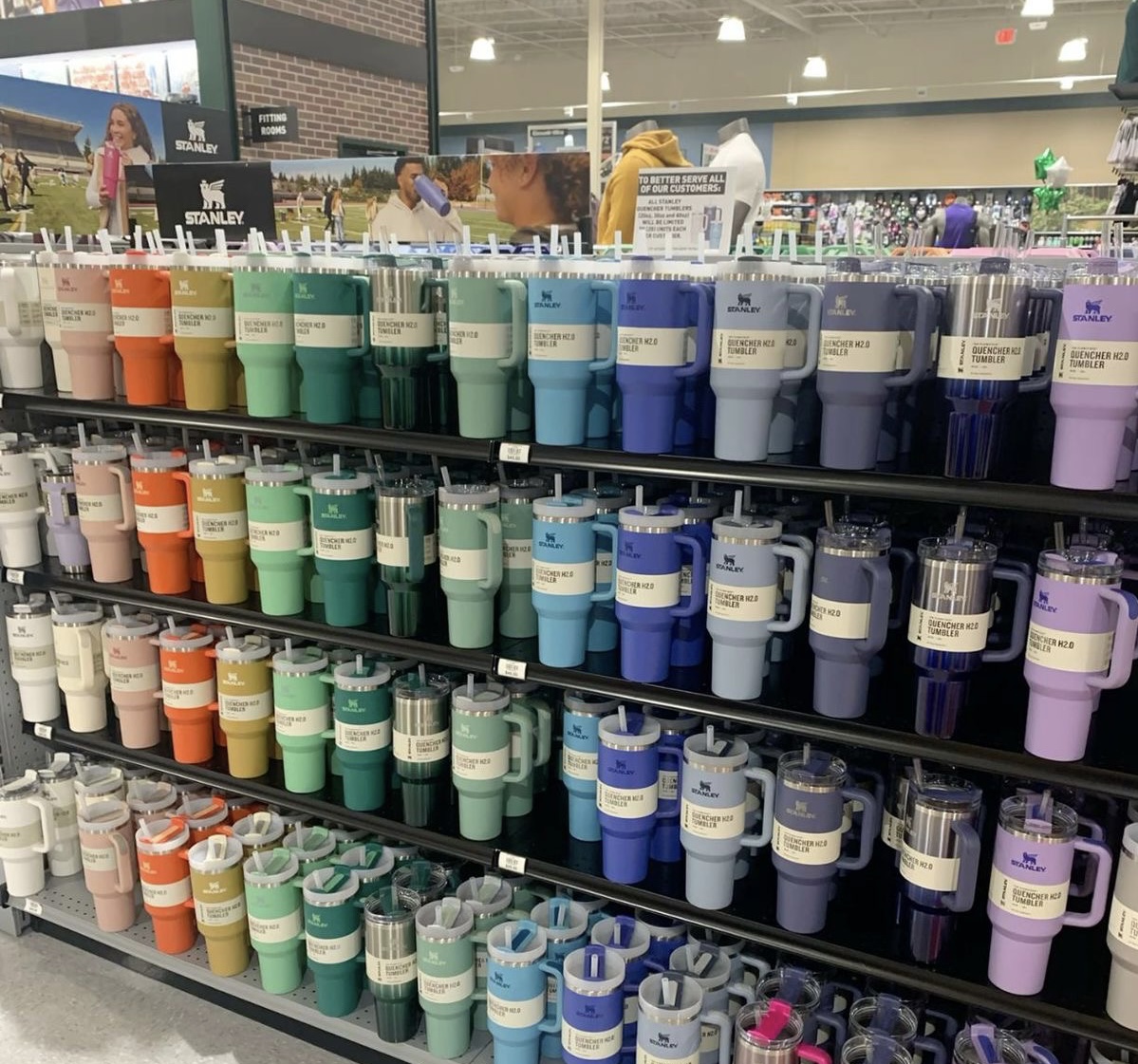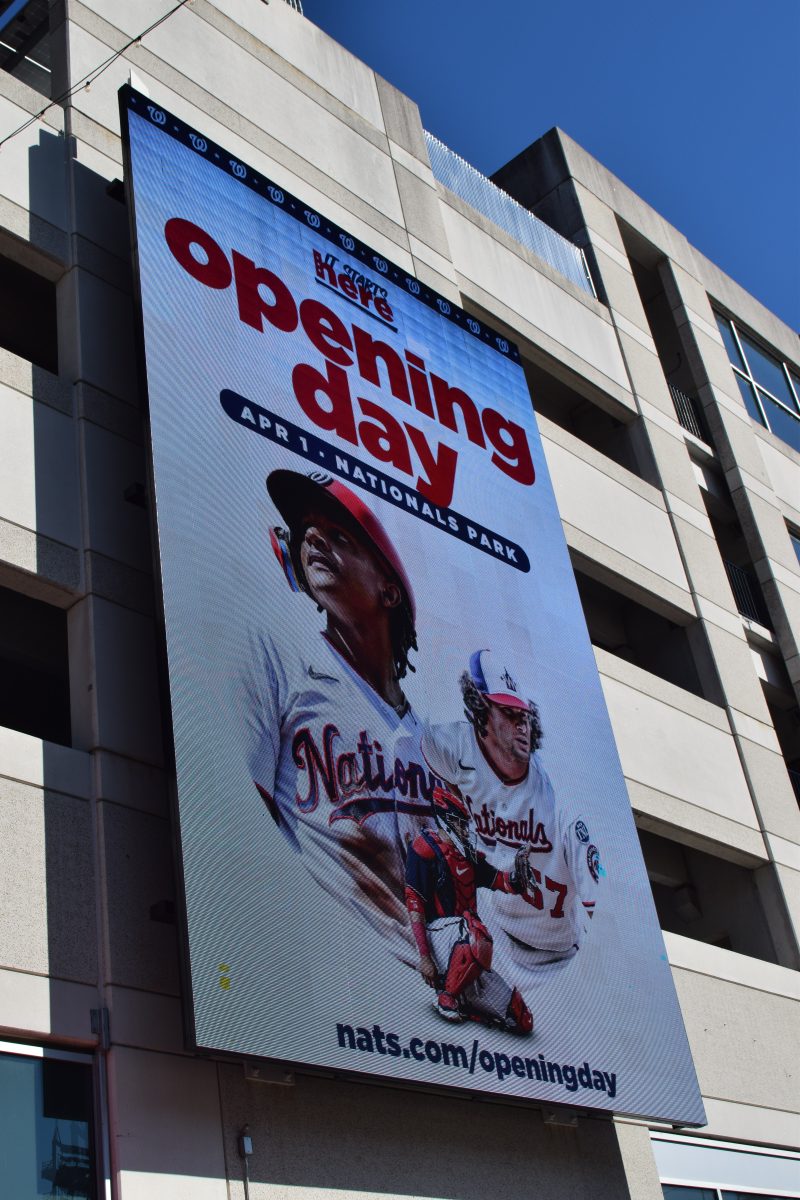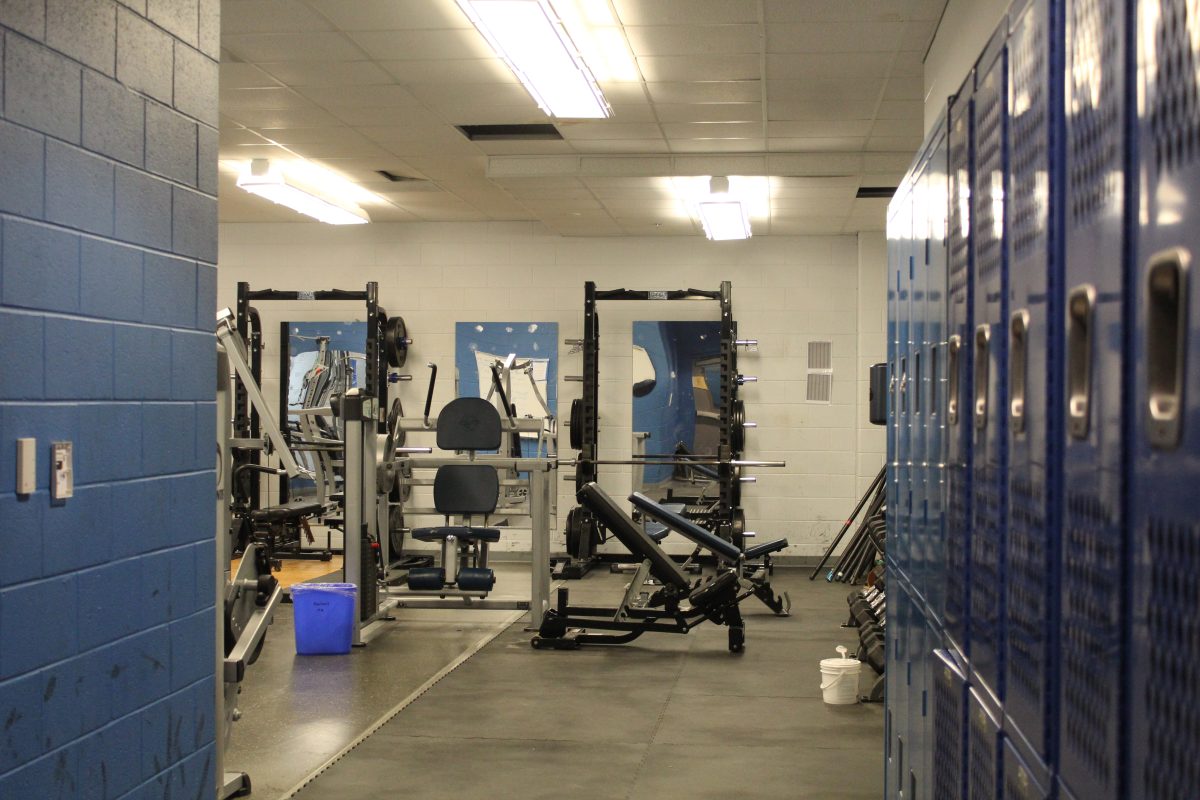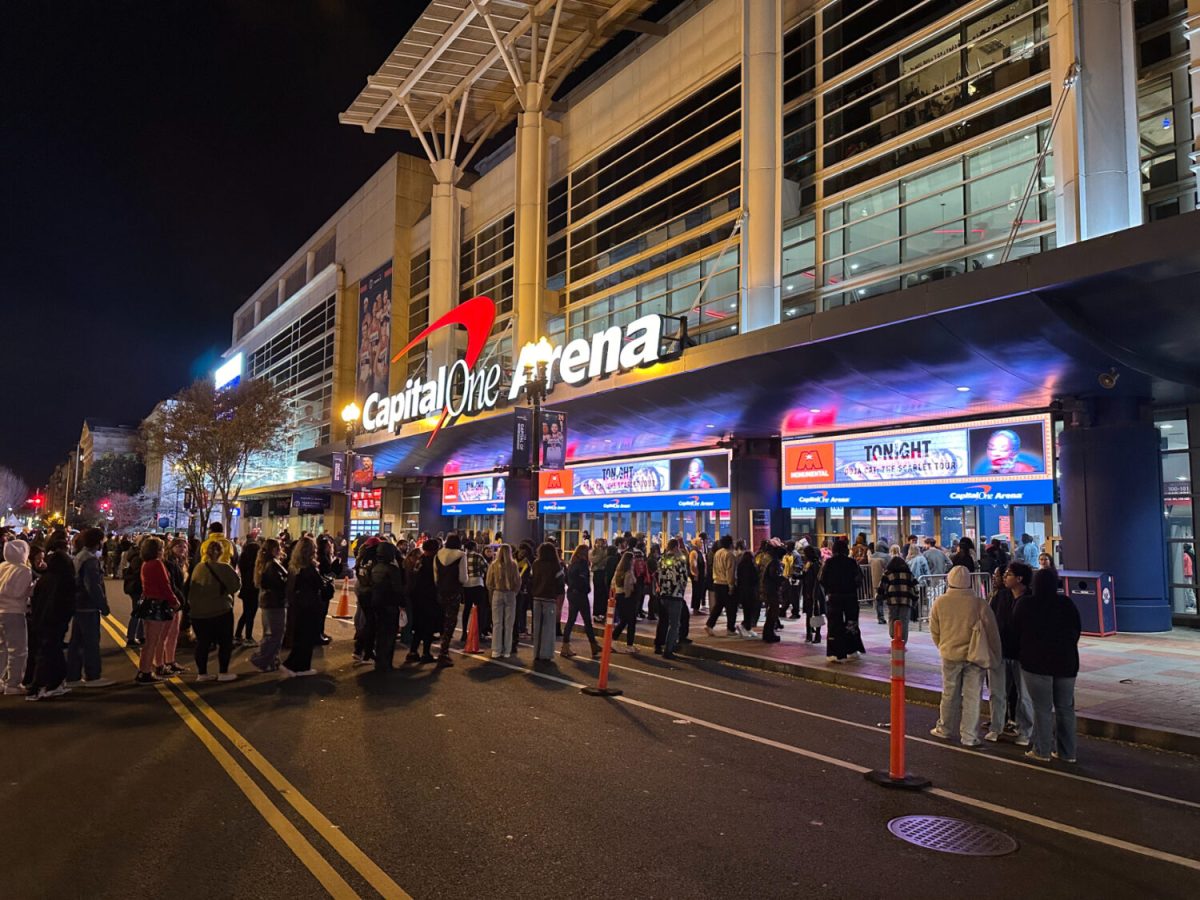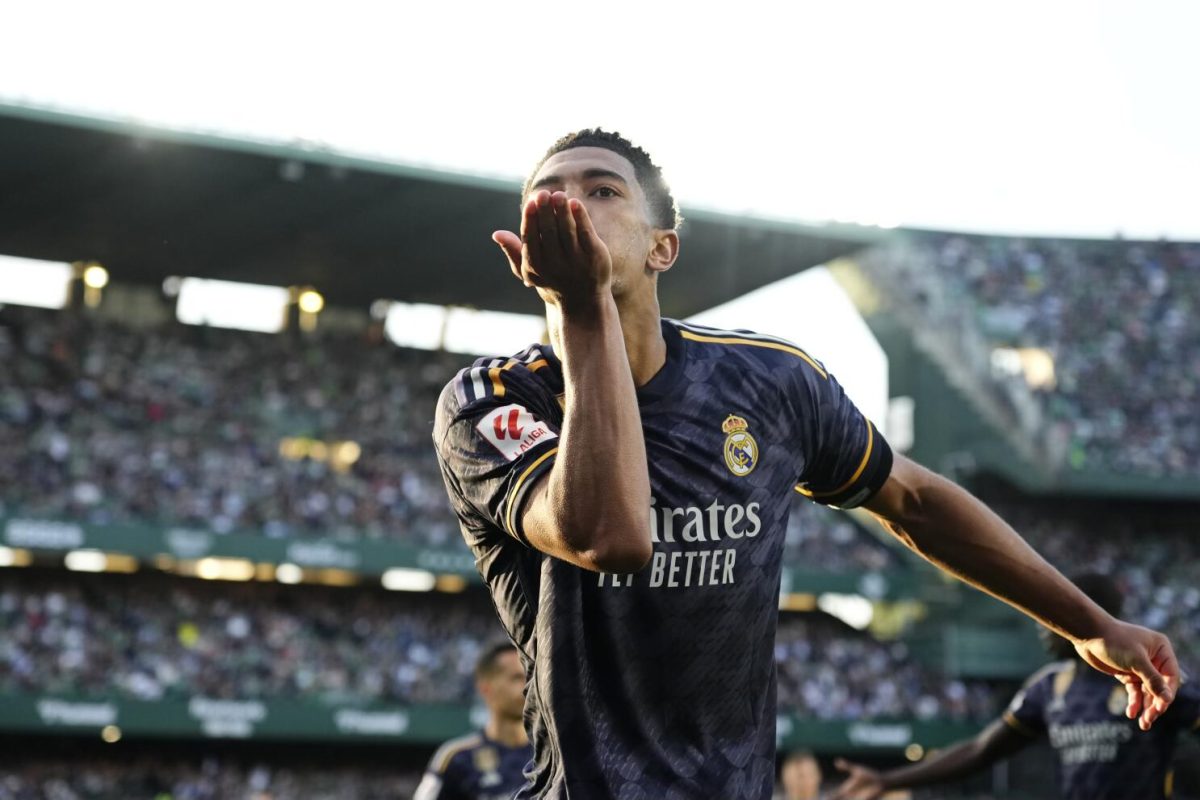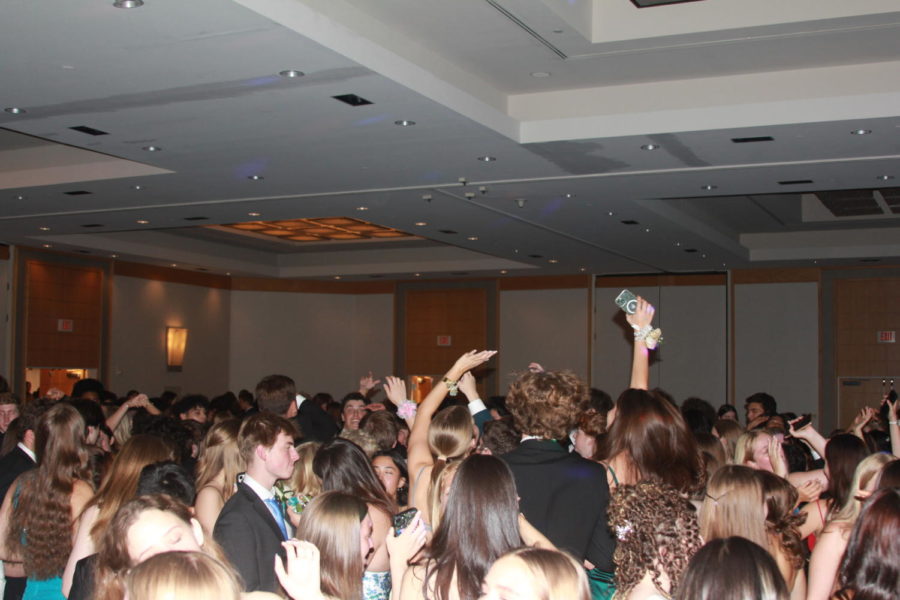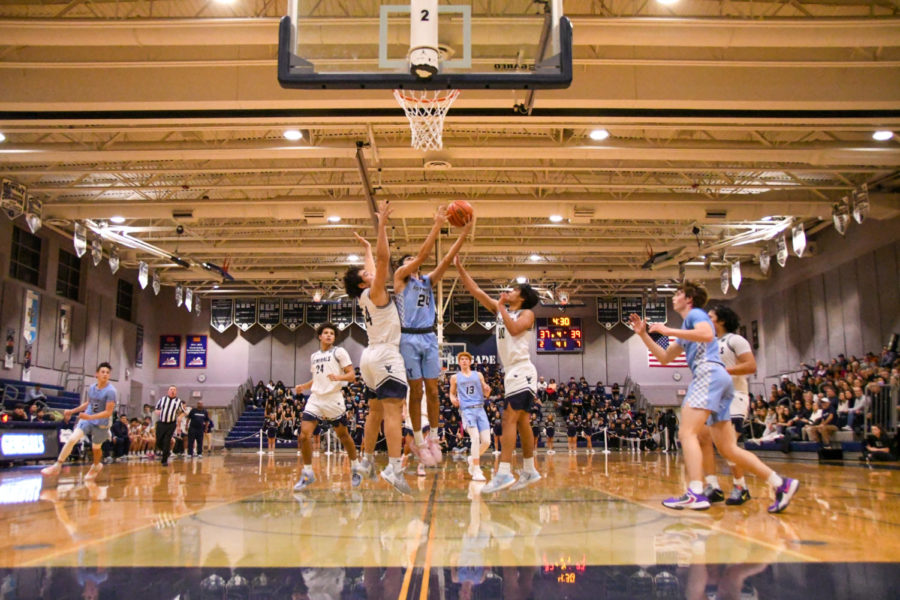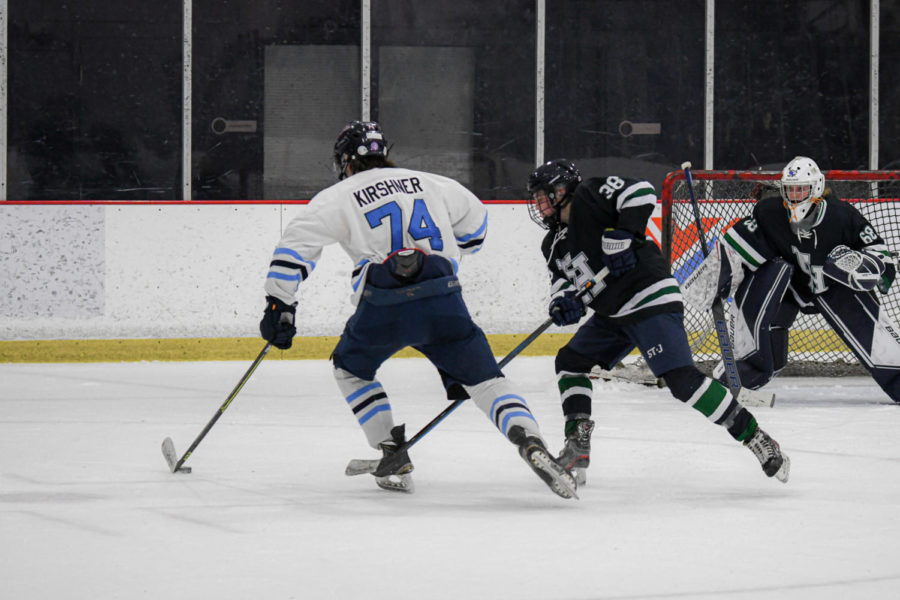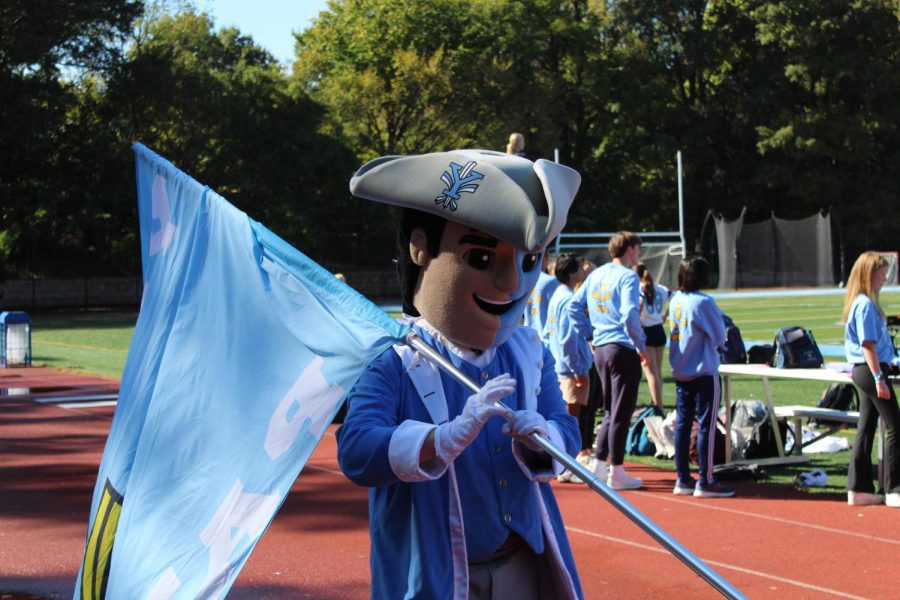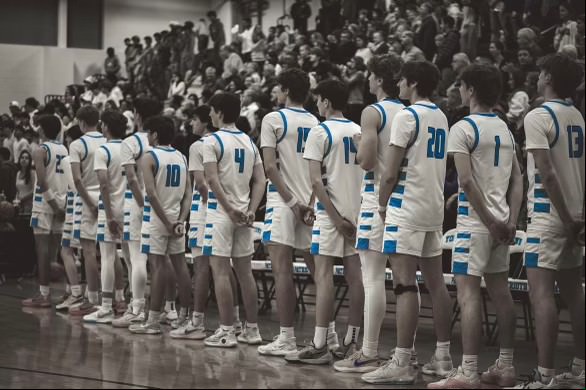By Andy Belilos
Sentry Staff Reporter
On April 25, 2014, an audio clip featuring Los Angeles Clippers Owner Donald Sterling and a female companion, V. Stiviano was released by TMZ. In the recording, a man confirmed to be Sterling was upset about a photo Stiviano had posted on Instagram, in which she posed with Basketball Hall of Fame player Magic Johnson.
Throughout the ten minute recording, Sterling made several blatantly racist comments including telling Stiviano: “It bothers me a lot that you want to broadcast that you’re associating with black people”, and, “You can sleep with black people. You can bring them in, you can do whatever you want”, but “the little I ask you is … not to bring them to my games.”
In the National Basketball Association, a predominantly black league, many players, coaches, and fans condemned the views of Sterling, and demanded action from new NBA commissioner Adam Silver. As many probably know, the firestorm that followed the release of the audio concluded with Silver announcing that Sterling had been banned from the league for life and fined $2.5 million, the maximum fine allowed by the NBA constitution.Being banned from the league including punishments such as losing any authority over the team and being banned from ever entering a Clippers facility ever again.
In addition, Silver said in the same press conference that he would force Sterling to sell the team, which would require the consent of three-quarters of the other 29 NBA team owners. While many people agreed with the punishment and felt that it was suitable for the crime, many also argued that the NBA did not have the right to force Sterling to sell. However, according to Leigh Steinberg of Forbes, it clearly states in the the NBA constitution that Silver does have the right to force an owner to sell under special circumstances.
“Under the terms of Paragraph 13 of the constitution, NBA owners also have the right, by three-fourths vote, to revoke ownership if an owner ‘fails to fulfill’ a ‘contractual obligation’ in “such a way as to affect the NBA or its members adversely,” Steinberg wrote.
I think it is very obvious that Sterling and his racist views affect the members of the NBA adversely. I would think that it would be very hard to play for and get paid by someone who has views that are extremely offensive towards you personally, and it is is in the best interest of the NBA to avoid a potential player boycott that could have occurred if Silver had not decided to force Sterling to sell.
In my opinion, this is NOT about free speech issue as many have made it. This is about the NBA owners’ rights to act against one of the franchise holders when they hurt the NBA and the business that it is. When owners buy a franchise, they agree to certain conditions, and in Sterling’s case, they were clearly broken.
Since Silver’s ruling had become public, Sterling’s attitude towards this situation has changed multiple times; at first, saying that he would fight the ruling, then saying that he would sell without being forced, and waffling back and forth several times after. Most recently, on May 29, his wife, Shelly, reached a deal to sell the team to former Microsoft CEO Steve Ballmer for $2 Billion. Days later, Sterling announced that he would not fight the sale any longer.
If the sale is made without the other owners having to vote on forcing it, the NBA will have been the big winners; owners will not have to go public on what their views are. In addition, the players should be happy that everything happened so quickly. When everything started to happen I was expecting a long drawn out lawsuit and an overall process that would last for months. Since everything was basically resolved within a little over a month, the players, owners and the league as a whole can move past the incident and become a better league from it.
If Sterling is smart, he will not fight anymore, as this is honestly the best outcome for him. He is making $2 billion from the sale, and I believe that he will begin to fade into obscurity after the deal happens. However, the real estate investor bought the Clippers for about $12 million in 1981, and this sale could mean a huge financial windfall for him.
The bottom line is, that while the NBA is doing the right thing for both its brand and the players that play under it, they may be doing Sterling a huge favor. However, since this is the position the league is in with basically only one acceptable outcome, it is still the right thing to do.




